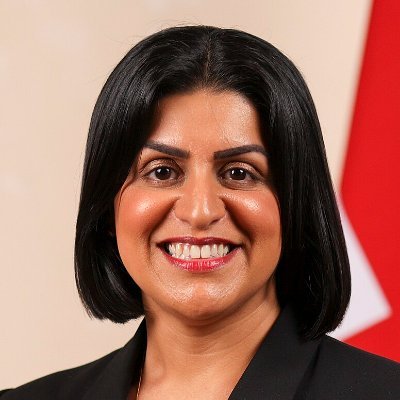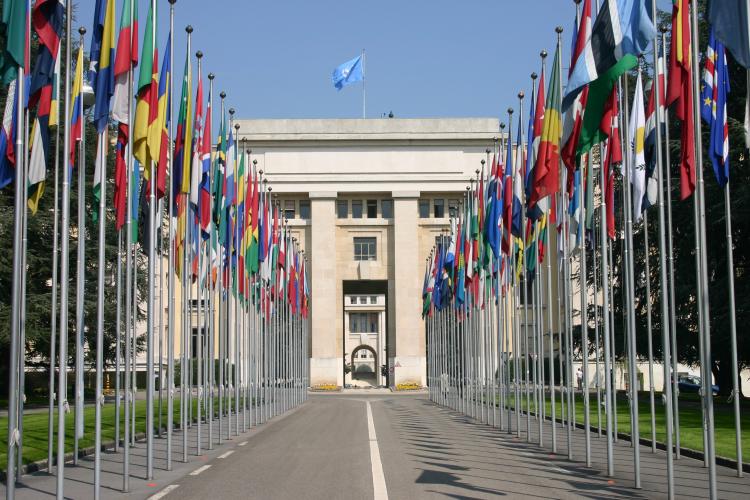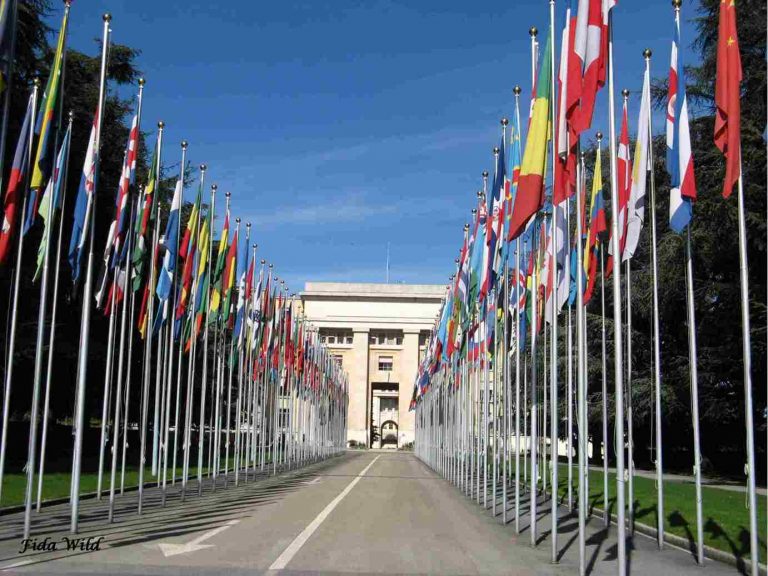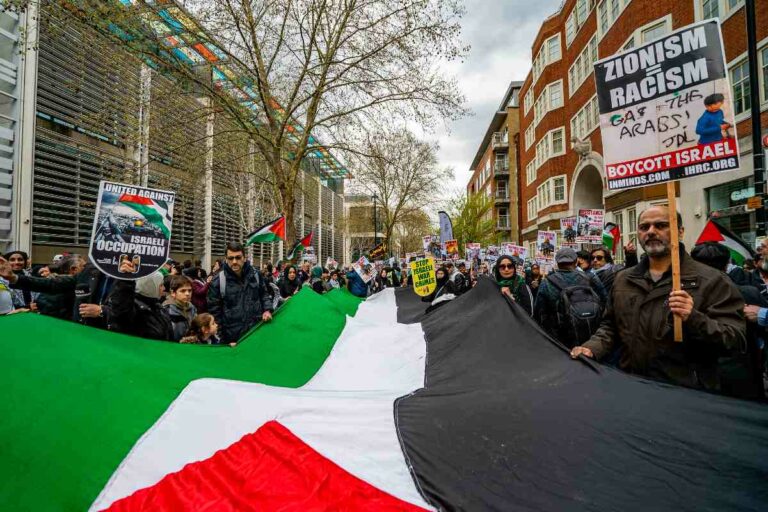The Rt Hon Shabana Mahmood MP
Home Office
2 Marsham Street
London SW1P 4DF
shabana.mahmood.mp@parliament.uk
8 October 2025
Dear Home Secretary,
RE: Disparity proves anti-terror laws are unnecessary, discriminatory political theatre
I write on behalf of the Islamic Human Rights Commission (IHRC) regarding the arson attack on Peacehaven Mosque on 4 October 2025 as well as ongoing attacks on mosques around the country. We condemn this violence unequivocally and support a rigorous investigation and prosecution under ordinary criminal law. This case and that of other recent hate motivated attacks on places of worship raises once more our concerns about the existence and operation of so-called anti-terrorism laws, and the legal and social injustices that arise from them.
Sussex Police’s approach, treating Peacehaven as aggravated arson endangering life and as a hate crime, is the correct route and demonstrates what we have long argued: the existing criminal law is entirely sufficient to deal with hate- or ideologically motivated violence. By contrast, incidents such as the Manchester attack on a synagogue were rapidly badged as “terrorism,” and the decisive difference appears to be the identity of the suspect. That disparity is not a coincidence. It is the predictable outcome of over-broad counter-terror laws used in a consistently discriminatory manner for several decades, functioning as political theatre and leading to the normalisation and entrenchment of exceptional and draconian powers beyond what is necessary.
We ask you to scrap all anti-terror laws and ensure like cases are treated the same under existing ordinary criminal law.
Existing criminal law is sufficient and carries severe penalties
IHRC, and many others have long contended that existing criminal laws are sufficient to prosecute crimes of hate or politically motivated crimes. The creation of an anti-terrorism regime has opened up a third tier of law that has few if any safeguards (compared to existing criminal law) and is routinely practiced in a discriminatory manner.
Reflecting on the Peacehaven and Manchester attacks we can see that: murder is a crime and does not require “terror” laws to prosecute; the Criminal Damage Act 1971 (arson with intent to endanger life) already attracts a maximum sentence of life imprisonment. Associated offences (conspiracy, attempt, possession of accelerants/implements) and religiously aggravated elements can and should be charged where the evidence supports them.
Sentencing can properly reflect aggravating features (planned attack on a place of worship, occupants present, use of accelerant, community impact) without invoking terrorism statutes. The Sentencing Council guidelines allow courts to recognise harm, culpability, and aggravation (including hostility based on religion) within the ordinary framework.
The Manchester/Peacehaven disparity proves “terrorism” powers are discriminatory, political theatre, and unnecessarily expand exceptional powers.
The differential treatment between the two locations exposes the discriminatory nature of terror laws: they amplify the demonising narratives of supposed threat from Muslims and other minorities designated as “suspect communities”, without providing any additional or real protection to the British public beyond that which existing criminal law already provides. Otherwise, both would have been treated as “terrorism,” or both dealt with under existing laws.
The “terrorism” label is deployed for optics, to signal toughness, rather than necessity. If arson on a mosque can be prosecuted to the full extent of the law without CT powers (and it can), branding other incidents “terrorism” does not keep Britain safe, and instead corrodes public trust in the legal system.
Furthermore, the government’s elastic definition of terrorism has enabled it to create exceptional powers (e.g., suspicion-less port stops under Schedule 7, proscription and attendant collateral offences, and “terrorist-connection” findings in sentencing). These are extraordinary powers constantly looking for opportunities to justify their own existence.
For serious violence or endangerment, ordinary offences already carry life-maximum sentences, conspiracy/attempt liability, and religious aggravation. The CT label contributes little beyond surveillance reach and symbolic punishment, neither of which justifies the exceptional and draconian powers the state has arrogated to itself.
The net result is a climate in which Muslim civic and religious life is policed more harshly, while attacks on Muslims are downgraded to “mere” hate crime. That two-tier narrative is socially corrosive and legally indefensible.
Discriminatory in practice: a two-tier system
Communities see the pattern plainly: when the suspect is Muslim, authorities reach for the “terrorism” label; when Muslims are the victims, equally grave conduct is processed as ordinary crime/hate crime, if at all. That is how UK laws manufacture a two-tier citizenry.
The answer is not to expand the CT label to every atrocity; it is to stop using it and to ensure equal treatment through ordinary criminal law and sentencing aggravation.
Demands
IHRC’s position has been consistent for more than twenty years: terrorist violence must be addressed through ordinary criminal law. We warned that scaremongering and the suspension of liberties using extraordinary counter-terror powers would not prevent violence or keep people safe; rather, it would expand exceptional powers, erode fairness, and be turned against Muslims and dissenters. The present landscape sadly confirms those warnings.
Common sense must now prevail. This includes the need to or for:
- An immediate moratorium on applying “terrorism” designations where conduct is already chargeable as serious ordinary crime (murder, attempted murder, aggravated arson, explosives offences). Any departure must have a recorded, reviewable justification and an Equality Impact Assessment.
- Scrapping anti-terror laws. Repeal the terrorism regime and related exceptional powers; where truly irreducible gaps are claimed in the ordinary criminal law, ministers must return to Parliament with a new Act and hard evidence that ordinary criminal law cannot do the job, and that any new power is strictly necessary and proportionate.
- Open justice and evidence integrity. Abolish closed material procedures/secret evidence in civil cases and bar torture-tainted evidence across all proceedings.
- End suspicion-less powers. Repeal suspicion-less stop-and-search and port-examination powers; require reasonable suspicion and independent oversight.
- Retire the “extremism” category. Drop “extremism” as a policy label and confine enforcement to clearly defined criminal offences.
- Protect the independence of the judiciary and the ability of lawyers to act without harassment.
- Protect protest and advocacy space. Do not proscribe non-violent organisations; affirm the right to lawful resistance and protest consistent with international law.
- Address any “terrorist connection” at sentencing, not via separate CT regimes. Make “terrorism” (like hostility to religion) a sentencing aggravator applied to existing offences, rather than a branding exercise that triggers parallel legal universes.
- Proscription regime review. Halt attempts to expand proscription to protest movements and conduct an independent review of all existing proscriptions against necessity and proportionality, with a presumption of de-proscription.
Continued failure to repeal these draconian laws is why members of the public are widely protesting moves to proscribe Palestine Action. The ever-expanding “terrorism” label has become absurd, as seen, for example, in peacefully protesting pensioners being arrested as “terrorists.” These laws undermine the rule of law itself, and you preside over them. Restore Britain’s reputation as a nation that respects the rule of law by scrapping draconian, discriminatory, counter-productive, and unnecessary terror laws.
Yours sincerely,
Massoud Shadjareh
Chair, Islamic Human Rights Commission






